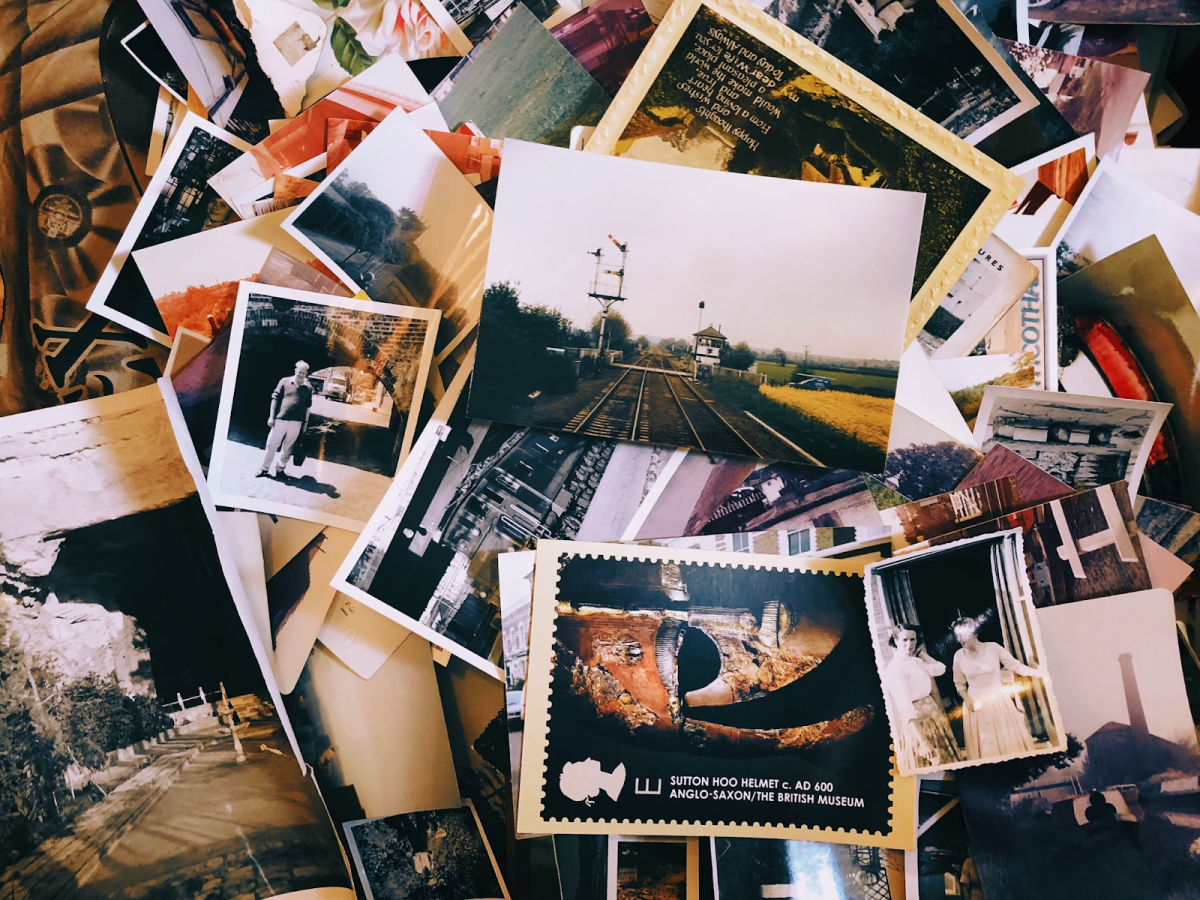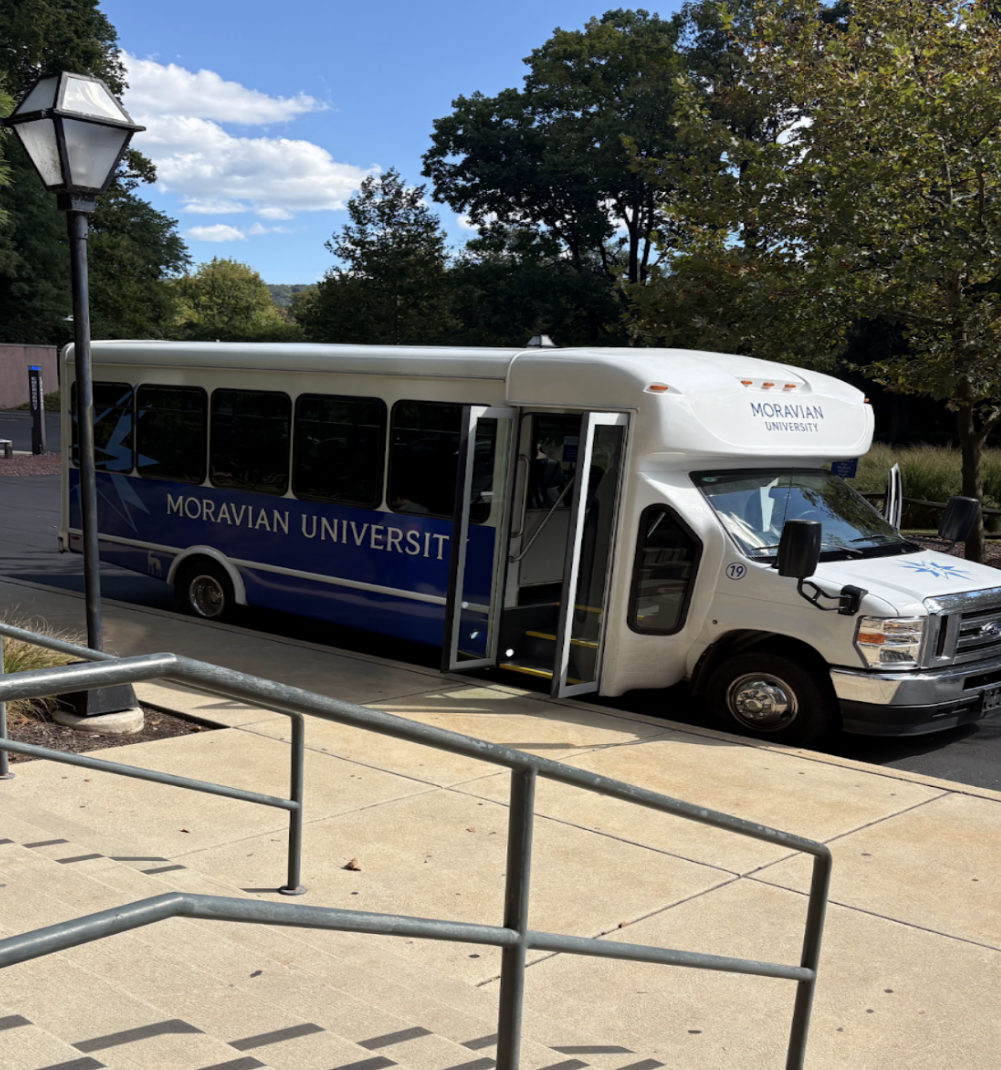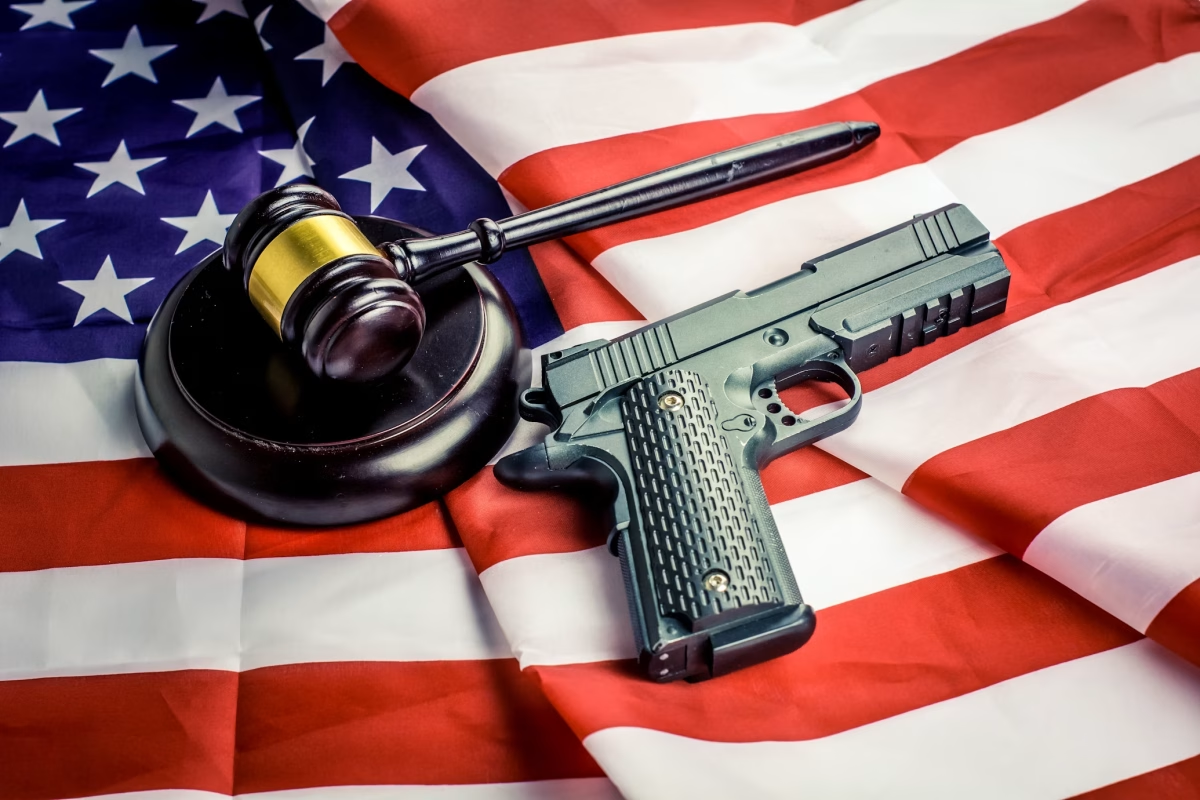In an ever-changing, spiraling world that doesn’t slow down for us, nostalgia can be a much-needed defense mechanism to cope with what’s “missing in the present.” You may have heard the “so much better back then” mentality from your parents or older relatives as they cope with the passing of time or internet trends they don’t understand.
I was sitting down with my mom a few weeks ago, teaching her how to detect AI images and writing, when I heard her say, “We didn’t have it this complicated back in my day.”
I would usually roll my eyes at that old-generation rhetoric, but honestly, I started thinking, “This wasn’t really a huge problem when I was growing up.”
Sure, there was plagiarism and cheating on a test. Still, school administrators never discussed using artificial intelligence to write a paper—it hadn’t become a huge problem yet.
Gen Z is not only obsessed with nostalgia; we’re enamored with it. 2016 was almost 10 years ago, and I STILL hear people talking about how great the summer of 2016 was and how it was “the last time we were all happy.” When I was in high school, I felt this way about that summer, since in 2016, I was 12 and had not yet experienced the horrors of adolescence. Then, I remember that many people regard 2016 as a tough year. From celebrity deaths to Trump becoming president, there was much to stress over. As I get older, I realize that there isn’t such a thing as a good or bad year. There are just good and bad periods within those years.
Let’s also not forget pandemic nostalgia. Maybe it’s because the music in 2020 was incredible (I mean, Taylor Swift, The Strokes, and Fiona Apple all released their best albums to date) or TikTok became a virtual mainstay.
Or, maybe it was this collective craving for unity and solidarity. At times, I am almost tempted to think, “Maybe 2020 wasn’t so bad,” until I remember the misery, the extreme bouts of cabin fever, and my last two years of high school being warped and isolated. I can fondly look back at when Taylor Swift announced Folklore or when everyone had conspiracies about Tiger King while being glad that I’m not confined at home, looking at my sterile walls for days on end.
In even more recent years, I think nostalgia has stretched into unoriginal territory. Yes, I’m talking about sequels and remakes and spinoffs (oh my)! You’ve heard every conceivable criticism around Disney live-action remakes or any money-grabbing reboot of a popular Disney/Nickelodeon show. Executives are taking the safe route in “expanding” a popular IP just to make bank, or continuing a storyline that ended well over a decade ago. As a result of this, however, we are in an originality drought.
We are recycling iconic shows and movies, and blocking fresh, new ideas in the process. I understand it can be financially risky to put all your eggs in one basket to tell a new story, but that doesn’t mean it will always be destined to be a box office flop. Disney’s Encanto was probably the last Disney film I remember that executed a new story decently without relying on AI to write its script and soundtrack, or just being a lackluster sequel. Yet, it seems that overloading a decades-old property with new, unnecessary plotlines may be the new norm in the coming years.
I want to clarify that nostalgia isn’t all bad and regressive. There isn’t anything wrong with yearning for old times, juxtaposed with the bad hand the world deals us daily. I love leaning into my high school “emo” phase whenever I listen to Twenty One Pilots or Fall Out Boy – I still stick around for their newer projects and more often than not enjoy them.
Nostalgia can also be in the form of ownership. I love collecting CDs and vinyl records since I own both physical media pieces. Vinyl records have had a monumental resurgence in the last few years, and the same can be said about Polaroid cameras. These physical forms of nostalgia can also be a way of connecting with older generations who lived through those nostalgic times and know what it was like. It can create endearing, significant conversations.
Being in-tuned with the present is difficult during trying times, and it can be hard to be rooted in the here and now when there were seemingly better days that we want to return to. It’s important to view the nostalgia of rose-tinted “better times” as something that cannot be exactly recreated, but that we can still engage with. Let’s not let nostalgia prevent us from searching the unfamiliar and enjoying something new.








